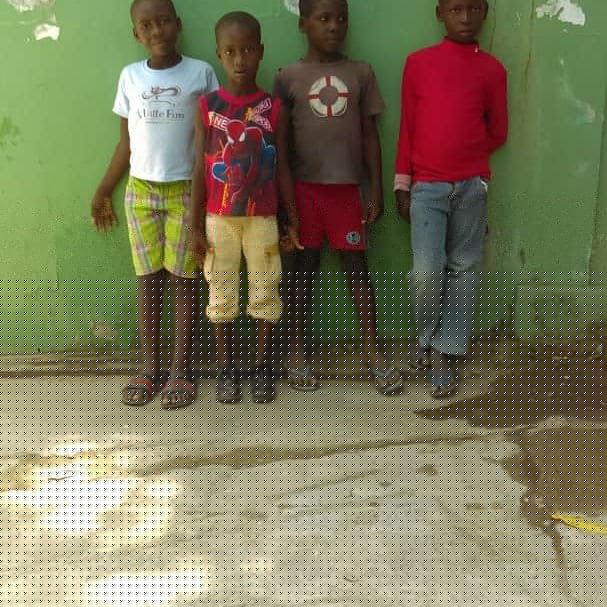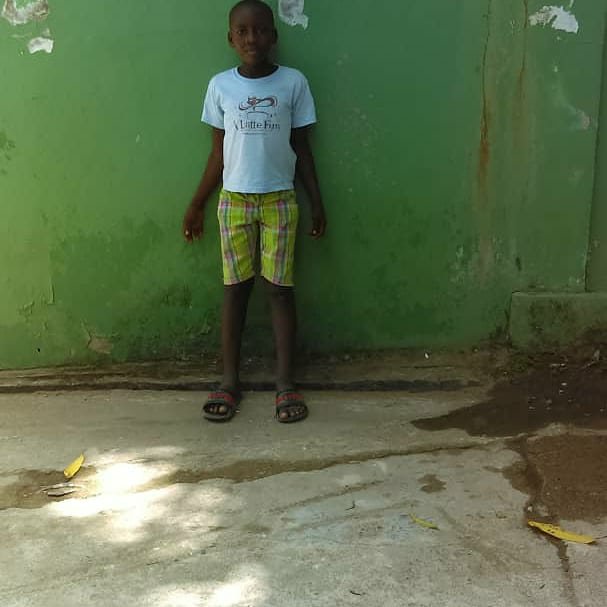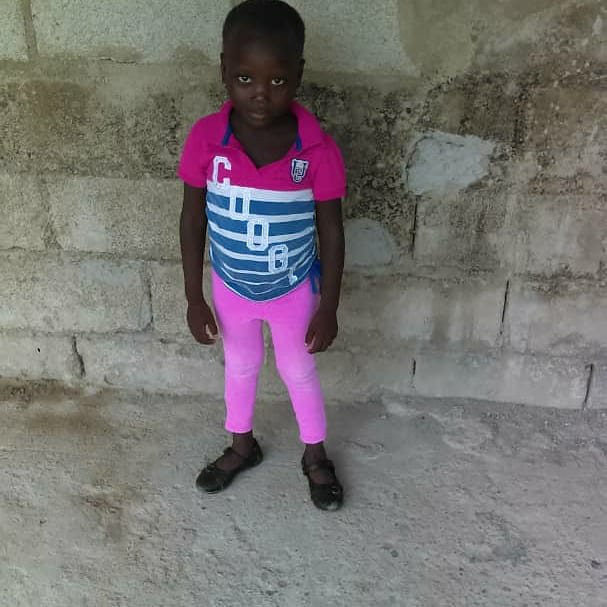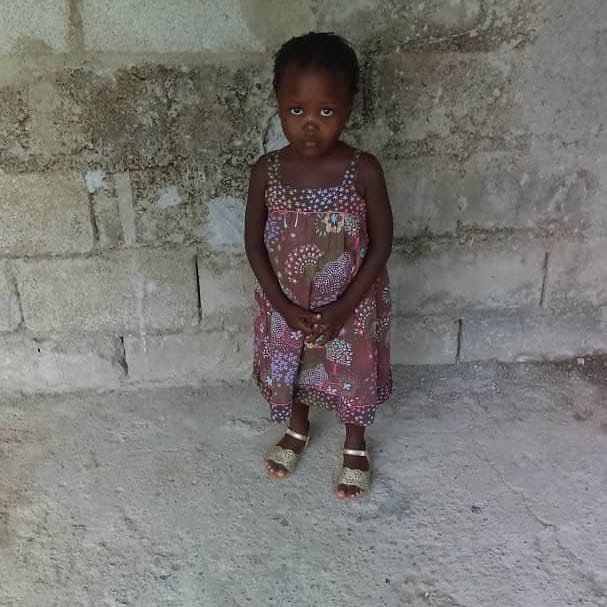“The End of Race: Who is Black and an African American in the United States”?
The political campaigns for the Presidential Election for the year 2020 are revealing something utterly tragic about America’s racial identity and racial consciousness. In particular, the question about the racial identity of the democratic candidate Kamala Harris has raised more questions about the subject of race and revealed the deep internal division that exists between people of African descent in the United States, which for many critics, is the consequence of American imperialism and European colonization.
To question the credentials of the U.S. Senator Kamala Harris because of her multiracial heritage reveals the moral bankruptcy of America’s political system and the restrictions race has placed upon the American conscience.
Chiefly, the subject of who is “Black” and an “African American” in the United States is creating more interracial tension that already existed in this country and honestly, more we can handle as a people. The intra-racial conflict between different expressions of global blackness represented in the American society and correspondingly between individuals of African ancestry residing in the United States has heightened the racial crisis and deteriorated our racial wounds and ethnic injuries. (A very good and influential text on the subject matter is “Interracial Justice: Conflict & Reconciliation in Post-Civil Rights America “by Eric K. Yamamoto; NYUP, 1999).
For many critics, the root of this problem can be traced to America’s obsession with the race concept and racial identity, as well as the system of slavery and Jim Crow segregation. Race is particularly historicized and evolved, bears a distinctive psychological mindset, and is established firmly within various cultural practices and categories, historical trajectories, and religious habitus in the United States.
Some years ago (2008), I attended an academic conference in Boston and the speaker was an African American public theologian and public intellectual, whose work I have admired for years. In this particular talk, he was addressing the narrowness of white evangelical scholarship and the exclusivity of theological education in evangelical seminaries that claim to train people of all races and ethnic groups to serve the “Church” and share the Gospel with all people. He lamented on those legitimate issues and hoped for a more inclusive theological curriculum and Christian evangelical scholarship that would actively engage the works of people of color in Christian academia.
When giving an opportunity to ask questions, I made a public observation about the possibility of a shared history of slavery and oppression that created a seemingly psychic unity among the people of African descent, in the states and elsewhere where black people live. To paraphrase, he responded to me with this comment, “I understand your perspective, but you are not a “true black.” The true blacks are African Americans.” I was appalled because I have always believed that I was a “black dude,” having been born in one of the blackest countries in the world: The Republic of Haiti that was founded upon the eradication of the unholy Trinity of slavery, colonization, and white supremacy. Furthermore, on a different occasion, a friend of mine, who is also African American, reminded me that “Black immigrants” from other countries (i.e. Haiti, Jamaica, Nigeria) are reaping the hard labor of African American freedom fighters and especially civil rights leaders of American Descendants of Slaves (@ADOS).
As a “black immigrant,” I am very grateful for the incalculable sacrifice many African Americans, who have come before me, made to welcome me and other individuals who were not born in this country. They have given us the gift of hospitality by suffering martyrdom and public lynching, degradation and humiliation in a society in which they were born and came to validate their humanity, which has also shaped their racial consciousness: their collective identity and shared history of suffering and pain. I do not claim to share this particular North American experience, but my people from Haiti have comparatively suffered European slavery and colonization (i.e. Spain, France, England), American military intervention and imperialism, and we have also been affected by the race concept because of our shared blackness with our African American brothers and sisters. We sympathize with you in your collective suffering and as a result, we are united in this same struggle for freedom, collective agency, and emancipation, not simply because of a shared racial sameness, but also, we are children of the same Father and Creator, who unequivocally call us his own, and whose image and glory we unashamedly bear.
Finally, to alleviate the pain of race in our lives and in this society, we have first to undo race and its devastating damages, in its various forms and manifestations, it has introduced and matured into our (individual and collective) experience. Second, we should always seek various ways and means to transcend the racial divide and the inter-ethnic conflict, and to be a nation and a people who are united “against race.” Third, we should deliberately pursue each other for fellowship and inter-relationality and find meaningful ways and venues to seek the best interest and welfare of other individuals, our neighbor who may not look like us or speak English as fluent as we do or those individuals who have brought a different culture in our midst.
Finally, while I believe that the problem of race and ethnicity is systemic and structural in the American society, it is also economic, political, cultural, psychological, and theological. To erase racial discrimination and unmake interethnic conflict toward the projects of interracial justice, racial healing and unity, and human flourishing in this country, we would need to listen and learn from each other; to genuinely treat people with respect and human dignity; to become an ally to those who are weak and vulnerable; and to work together to challenge and deconstruct systems and forces of human oppression in this culture that reinforce racial stereotypes and heighten our racial wounds and ethnic sores.






